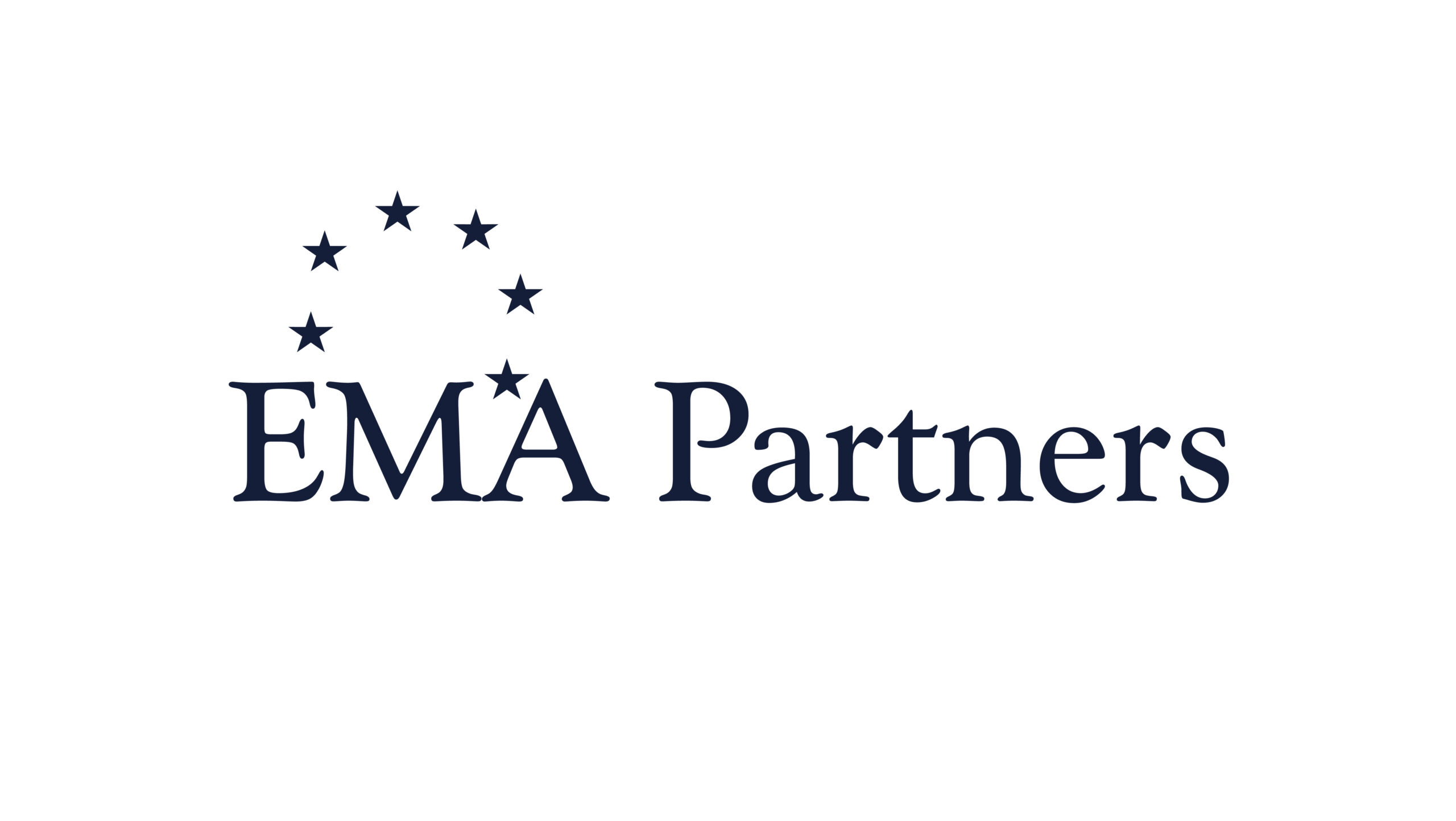Effective corporate governance is crucial for the success and sustainability of any organization. At the heart of this governance structure is the board of directors, which plays a pivotal role in shaping the strategic direction, overseeing management, and ensuring the long-term health of the company. To ensure that boards are functioning optimally, regular assessments of board effectiveness are essential. This article explores the significance of board effectiveness assessments, key factors to consider, and best practices for enhancing board performance.
The Importance of Board Effectiveness:
Strategic Alignment
- A highly effective board ensures that its strategies align with the company’s mission and objectives.
- Regular assessments help identify any misalignment and enable the board to realign its focus with the organization’s goals.
Risk Management
Boards are responsible for risk oversight. Assessments help identify gaps in risk management strategies and allow boards to strengthen their approach to mitigating potential risks.
Decision-Making
Effective boards make informed and timely decisions. Assessments provide insights into decision-making processes, identifying areas for improvement in information flow and communication.
Board Composition
Assessments help evaluate the composition of the board, ensuring a diverse mix of skills, experiences, and perspectives to enhance overall board performance.
Board Dynamics
Understanding the dynamics among board members is crucial. Assessments can uncover any interpersonal issues or communication challenges that may hinder effective collaboration.
Key Factors in Board Effectiveness Assessments
Clear Objectives
Define the purpose and objectives of the assessment to guide the evaluation process.
Board Composition
Evaluate the diversity, skills, and independence of board members to ensure a well-rounded and effective team.
Board Processes
Assess the efficiency of board processes, including meeting structure, agenda-setting, and information flow.
Decision-Making
Analyze the quality and timeliness of decision-making processes, identifying any bottlenecks or areas for improvement.
Communication
Evaluate the effectiveness of communication both within the board and between the board and management to ensure transparency and clarity.
Risk Oversight
Examine the board’s role in risk management and its ability to identify, assess, and mitigate risks.
Board effectiveness assessments are invaluable tools for organizations committed to strong corporate governance. By regularly evaluating key factors such as composition, processes, and communication, boards can identify areas for improvement and enhance their overall performance. Through the implementation of best practices, organizations can cultivate a governance structure that not only meets regulatory requirements but also contributes to the long-term success and sustainability of the company.
